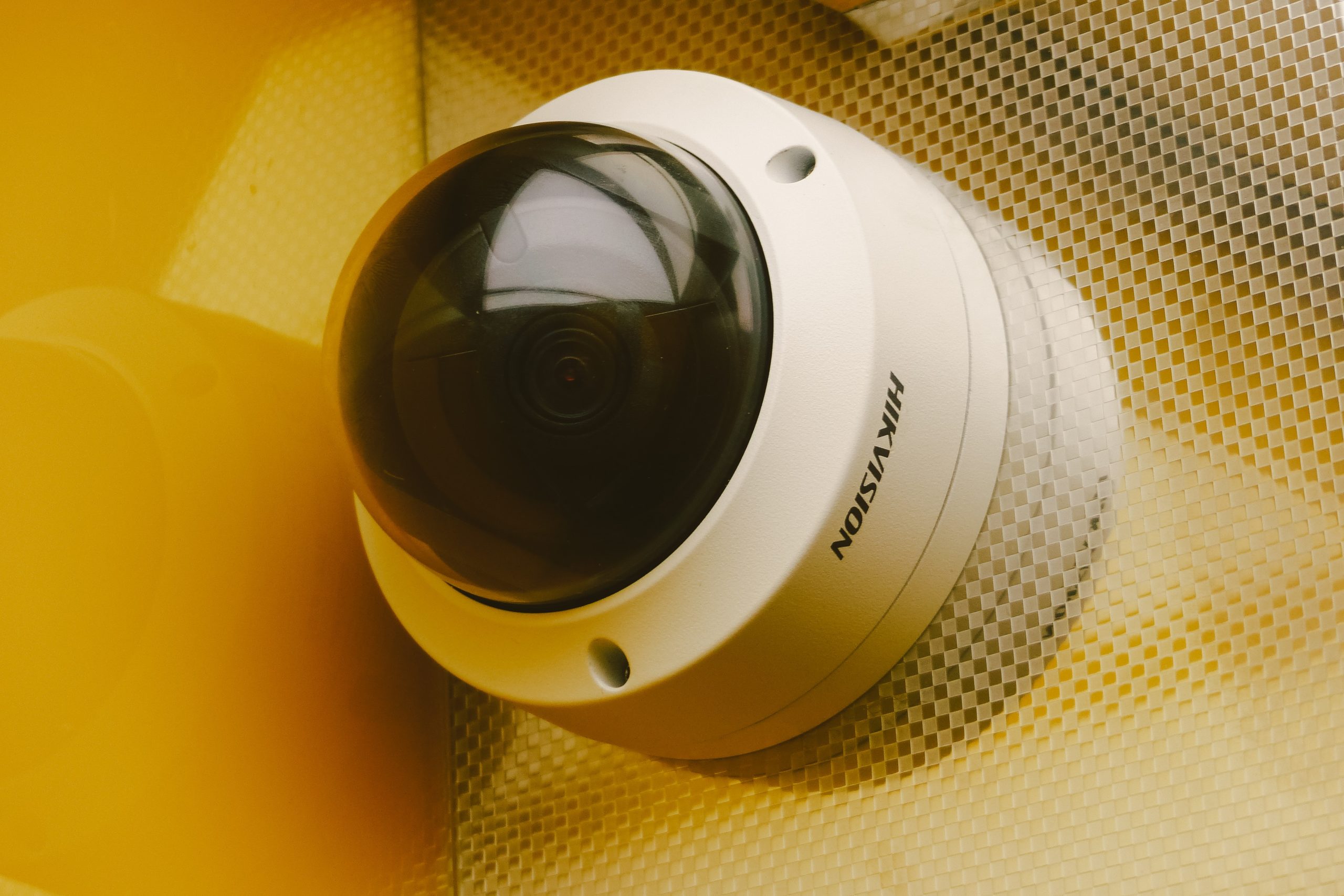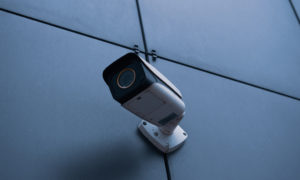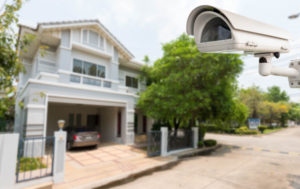How to Choose Between a Security Camera and a Surveillance Camera
 May 10, 2021 Blog 0 Comment
May 10, 2021 Blog 0 Comment Home security has made significant improvements over the years and the same thing applies to security cameras. In this day and age of technological advancements, owning a home security system has become a staple in many households. The problem is that people are having a hard time choosing between a security camera and a surveillance camera. What are the differences between these two devices? And what are the pros and cons of each camera?
In this article, we’ll discuss the difference between a security camera and a surveillance camera so that you can make an informed decision.
What makes a security camera different from a surveillance camera?
Security cameras (also known as CCTV cameras) work by conveying signals from one area to another, usually, a monitor that’s situated at a distance. Surveillance cameras, on the other hand, operate on IP networks that link the camera from a remote area to the assigned viewing location.
Security cameras are something many homeowners take for granted in their daily lives while surveillance cameras have gained widespread significance in different sectors because of their advantages. To learn more about these devices, let’s discuss the pros and cons of using a security camera and a surveillance camera.
Security cameras
Security cameras are a popular choice for most homeowners because it combines modern features with excellent recording capabilities. When combined with other home security devices, you can significantly improve your home safety with a security camera. Here are some pros and cons of using this device.
Pros:
- Crime prevention – One of the main benefits of security cameras is that they help prevent crimes. The presence of a security camera alone is sometimes enough for criminals to rethink their plans due to fear of being caught. If you live in an area where crime is a problem, then installing a security camera can make your home a lesser target.
- Observe activities and scenarios – Security cameras can be placed anywhere as long as there’s a nearby power source. Depending on how you want the cameras to be set up, you can use hidden cameras to monitor key areas of your property and use mounted security cameras to record general activity.
This is an excellent way to keep track of what’s happening in different areas around your home like the living room, kitchen, backyard, and more.
- Collect evidence – Another benefit of security cameras is that you can pick up and collect evidence. This is especially helpful when a crime has been caught on camera where you can present the footage to local police authorities to help with their investigation.
With the improvement of technology, most modern cameras are equipped with high-quality audio and video capabilities, allowing you to capture the most important details of a significant event.
Cons:
- Cost – It’s no secret that security cameras are costly to set up. They also require regular maintenance to ensure they’re working properly. The expenses start adding up when you have a monitored alarm system in place where you have to pay for a monthly monitoring fee.
- Vulnerability – More and more criminals are becoming tech-savvy in an attempt to circumvent modern security cameras. Whether it be cutting off the power source or breaching the security camera’s software, there are vulnerability concerns when using a security camera. Of course, these risks can be mitigated when you work with a reputable security systems company.
- Privacy concerns – Security cameras have stirred controversies across professional sectors for privacy concerns. Oftentimes, employees cite security cameras as an invasion of privacy, or as an indication that their employers don’t trust them.
Surveillance cameras
As the name suggests, surveillance cameras are more for close observation than outright security. You’ll often see surveillance cameras used in large establishments and public places to record the busy activity and observe anything out of the ordinary. Here are the pros and cons of using surveillance cameras:
Pros:
- Improve public safety – Surveillance cameras installed in public places like parking lots, malls, and roads assure the general public of their safety. Because of the presence of surveillance cameras, criminals are less likely to commit crimes in an area where the devices are scattered everywhere.
- Monitor suspicious activity – It’s unlikely for an individual to commit a crime when they’re aware of a surveillance camera’s presence. Moreover, local police authorities can identify any suspicious activity and monitor the suspects on their activity.
- Convenient monitoring from anywhere – Surveillance cameras allow easy monitoring access which lets you monitor an area anywhere. Modern security cameras also have this feature so the benefits apply to both cameras here.
Cons:
- More expensive – Considering that surveillance cameras are installed in areas with larger monitoring needs, it makes sense that the entire setup will be more expensive than a security camera.
- Complex to use – Surveillance cameras can be quite complex and non-tech savvy individuals may find it difficult to operate a security camera without enough knowledge and expertise.
Abuse of surveillance systems – Because surveillance systems are set up in public, their vulnerability compared to security cameras is much higher. Hackers can manipulate surveillance cameras and compromise public safety in more ways than one.


